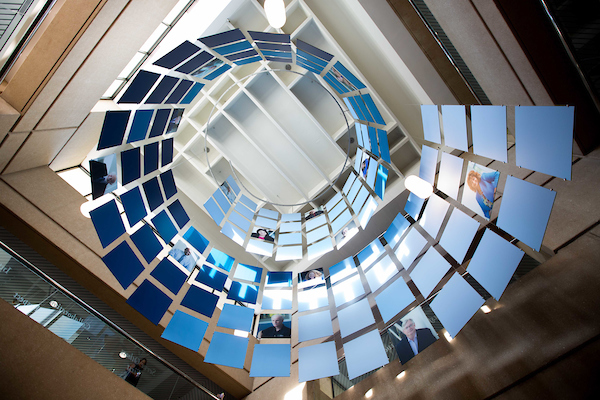Broad-Based Medical Science Training for Future Healthcare Professionals
Broad-Based Medical Science Training for Future Healthcare Professionals
Blog Article
Enhancing Academic Credentials for Entry Into Medical and Allied Fields
The biomedical science masters courses is just a graduate-level academic giving made to guide people seeking increased recommendations for access right into a wide variety of qualified schools. These generally include medical, dental, chiropractic, drugstore, physician secretary, bodily therapy, and different health-related programs. Through a structured and integrative curriculum, this program equips pupils with the foundational information and abilities required for competitive purposes and academic accomplishment in skilled training.

The program emphasizes a demanding medical primary that mirrors the curriculum of first-year professional wellness programs. Students on average engage in advanced coursework in disciplines such as structure, biochemistry, physiology, pharmacology, microbiology, and pathology. This academic structure helps mastery of complicated substance and stimulates the growth of sophisticated diagnostic and thinking skills—crucial competencies for potential wellness professionals.
What models the program apart is their versatility. While several students pursue it as a going rock toward qualified college, the curriculum also prepares graduates for jobs within the broader wellness sciences sector. Alumni of this system have properly entered careers in public areas wellness, healthcare administration, clinical research, and biotechnology. The others have pursued advanced examine in fields such as biomedical sciences, healthcare education, and even law, with an emphasis on biotechnology patents or regulatory affairs.
Along with academic planning, this program fosters qualified progress through advising, mentorship, and test preparation. Students aiming for entry to applications that need entrance exams—such as the MCAT, DAT, or GRE—benefit from structured support and academic methods that increase their readiness. These features contribute to the program's notable success rate: around 75% of graduates are accepted to qualified schools following completion.
The curriculum's extensive design also reacts to the growing wants of the healthcare workforce. As healthcare supply versions become increasingly interdisciplinary, the capability to interact with a selection of scientific and clinical material is essential. Students obtain not only subject-specific information but in addition sensible experience in important thinking, study design, and communication. These transferable skills are appropriate in academic, clinical, and non-clinical roles.

Essentially, this program aligns with the broader aim of supporting use of health care for many communities by producing graduates that are academically and ethically willing to contribute meaningfully in several capacities. Whether pursuing a clinical job or contributing through policy, research, or training, graduates sit to impact the healthcare market in evidence-based and impactful ways.
The grasp of technology in medical research hence serves as an ideal expense in one's potential within medical professions. It provides a link between undergraduate education and the rigor of qualified or doctoral applications, equipping students with the equipment needed seriously to succeed equally academically and appropriately in today's complex health environment. Report this page